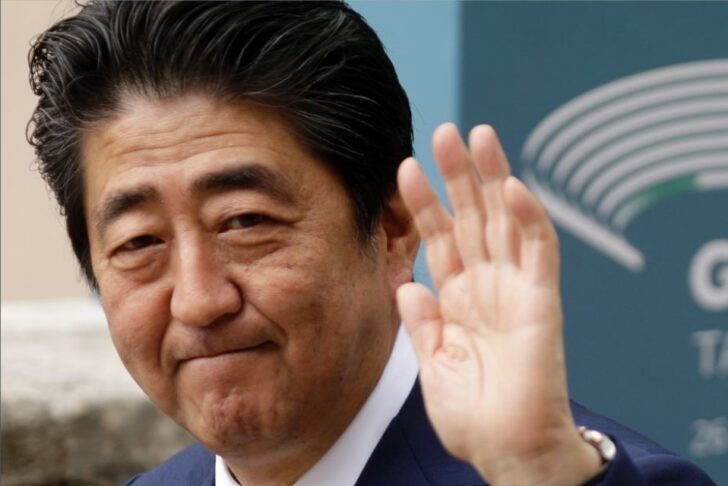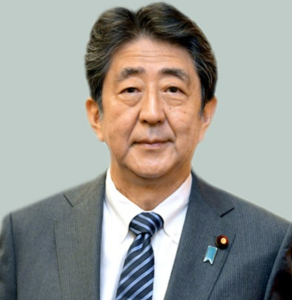Shinzo Abe, the former Prime Minister of Japan, passed away after he was shot at in the village of Nara in Japan. He was the first Japanese Prime Minister to be assassinated.
Shinzo Abe, who served as Prime Minister of Japan from 2006 to 2007 and again from 2012 to 2019, passed away on July 8th at a hospital in Japan. Abe, who was born in Japan’s westernmost prefecture, Yamaguchi Prefecture, in 1954, was Japan’s 61st Prime Minister.
In Japan, he is also known as “Great Yamaguchi”. He was born into a prominent political family.
He led his country from 2006 to 2007 and again from 2012 to 2019 as the leader of the ruling Liberal Democratic Party and is widely regarded as one of its most influential prime ministers. He also served as Chief Cabinet Secretary from 2005 to 2006 under Junichiro Koizumi.
Abe was born in 1954 in the village of Yofuke, Yamaguchi, but his parents were from Kishiwada in Osaka Prefecture. After graduating from high school in Osaka, Abe went to Tokyo and spent five years at Keio University before moving back to Yamaguchi.
He was a member of the Liberal Democratic Party (LDP) and served as the Prime Minister of Japan from 2006 to 2007, and again from 2012 to 2019. He was also a member of the House of Representatives of Japan from 1993 to 2003.
After his first term as Prime Minister, he was elected to the House of Councillors of Japan in 2007 and was re-elected in 2012.
He was shot by a man who is believed to have worked for the Maritime Self-Defense Force.
Abe was out campaigning for his Liberal Democratic Party (LDP) in Nara when he was shot in broad daylight. The man has been arrested and is believed to have acted alone.
Abe was 64 years old at the time of the shooting. He was rushed to the hospital in critical condition but couldn’t survive. The bullet is believed to have been fired from a handgun.
In his first term of office as Prime Minister, Shinzo Abe attempted to revise Japan’s constitution, which had been ratified in 1946 by the United States and is considered by many to be undemocratic because it facilitates a military-dominated government.
The constitution imposes a “monolithic” system that allows the prime minister to have veto power over legislation. Critics of this system say it is comparable to the authoritarian rule of a military dictator (U.S. Constitution, Article 10).
The revision was met with strong opposition by both politicians and citizens and never passed through parliament; in particular, Japanese women’s groups opposed it because it could have been seen as a threat to abortion rights.
In the late 1980s, Japan saw more cases of domestic violence, and women’s groups criticized the lack of services for abused women. These reactions led to the re-introduction of specific legislation on domestic violence in 1989, which stipulated that a woman has the right to receive protection from her partner and can leave him without serious repercussions.
The introduction of this legislation was the first step towards a shift in the perceptions of what constitutes domestic violence and how it is to be dealt with.
In the 1990s, domestic violence became a subject of public debate, and the government began to implement a number of measures to address the issue. The government also began to introduce a number of domestic violence prevention programs for women, which were funded by the government and implemented by the private sector.
Shinzo Abe will be remembered as the longest-serving Prime Minister of Japan and the first president of the Japanese Domestic Violence Prevention Society.

